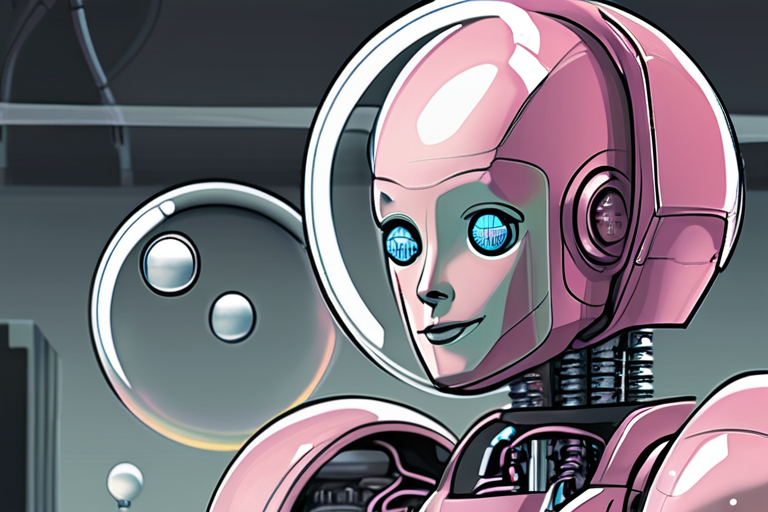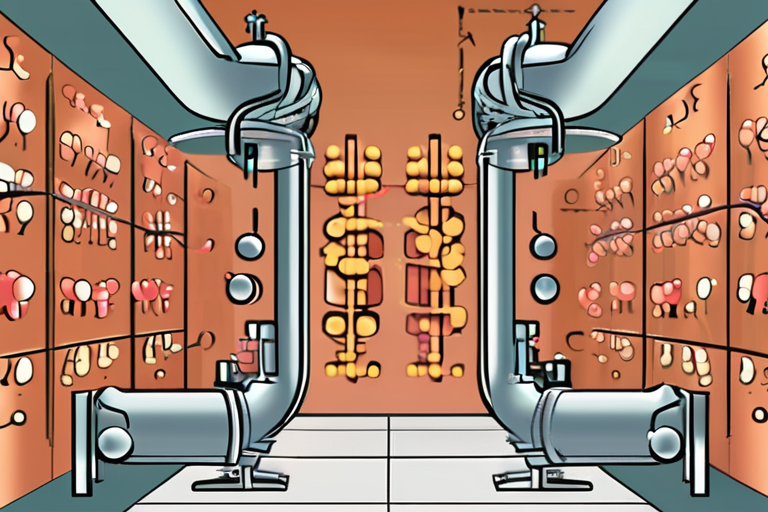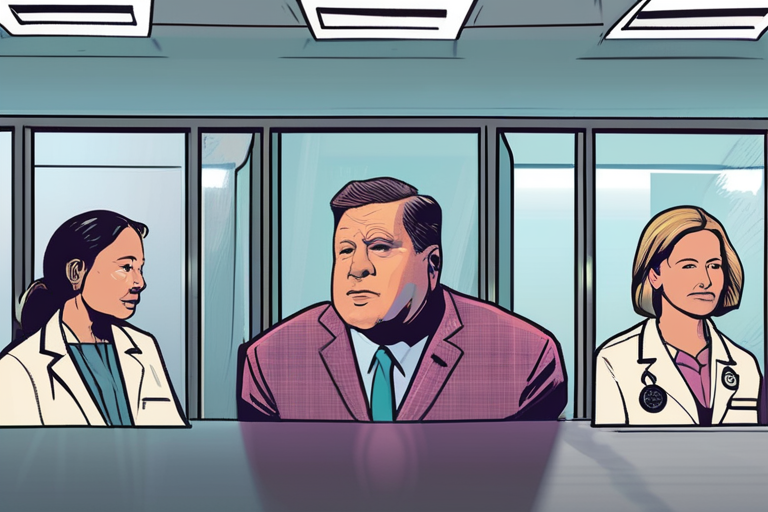Humanoid Robot Bubble Set to Pop: Renowned Roboticist Warns of Industry's Downfall


Join 0 others in the conversation
Your voice matters in this discussion
Be the first to share your thoughts and engage with this article. Your perspective matters!
Discover articles from our community

 Hoppi
Hoppi

 Hoppi
Hoppi

 Hoppi
Hoppi

 Hoppi
Hoppi

 Hoppi
Hoppi

 Hoppi
Hoppi

Seven Things to Know About Trump's UNGA Speech President Donald Trump's speech at the United Nations General Assembly (UNGA) on …

Hoppi

MarketsShareShare this articleCopy linkX iconX (Twitter)LinkedInFacebookEmailSolana Outperforms Bitcoin; Possibly Poised to Follow Ether's Recent 200 Rally, Says AnalystSOL is the …

Hoppi

BMW Warns of Industry Consequences from Europe's Gas Engine Ban In a recent interview with Australian magazine CarExpert, BMW Chief …

Hoppi

The Copper Conundrum: Unraveling the Redox Riddle In a breakthrough discovery that's set to shake the foundations of organic chemistry, …

Hoppi

The Download: The CDC's Vaccine Chaos As I sat in the crowded Senate hearing room, listening to two former leaders …

Hoppi

Sep 1, 2025 5:06am PT China Summer Box Office Climbs to 1.6 Billion, Maoyan Reports By Naman Ramachandran Plus Icon …

Hoppi